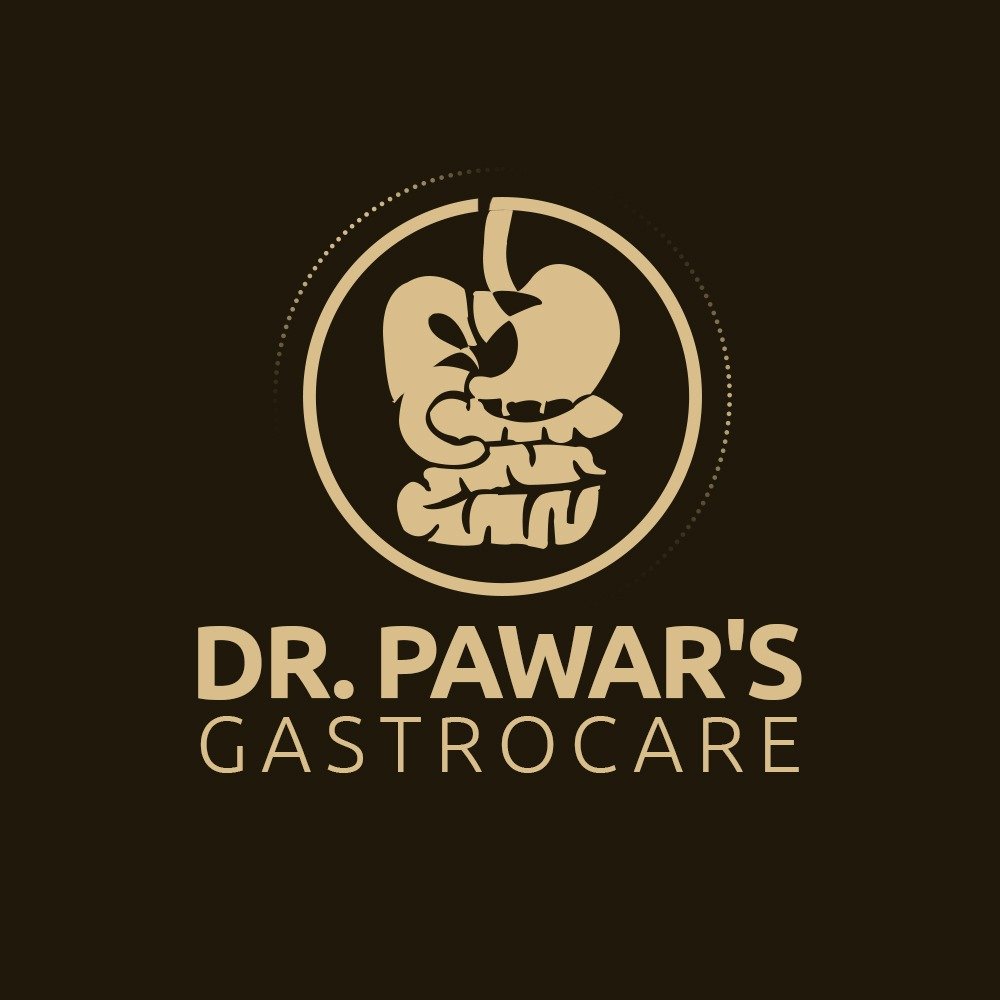ACUTE AND CHRONIC PANCREATITIS

Pancreas is one of the important organs in a digestive system. It is present behind the stomach in the upper abdomen. It helps in digestion by producing enzymes. It also produces hormones to process sugar in the body.
Pancreatitis occurs when the pancreas becomes irritated and inflamed due to various reasons. Pancreatitis could be acute pancreatitis which means it occurs suddenly and lasts for days, or pancreatitis can occur as chronic pancreatitis, which is pancreatitis that occurs over many years.
Though, some mild cases of pancreatitis could get cured without treatment, severe cases of pancreatitis can cause life-threatening complications.
Symptoms
Acute pancreatitis
- Sudden onset upper abdominal pain
- Nausea & vomiting
- Tenderness in abdomen
- Rapid heart rate
Chronic pancreatitis
- Persistent pain in the upper abdomen that radiates to back
- Unintended weight loss
- Smelly stools that look foamy or oily (steatorrhea)
Causes and Risk Factors
Though alcoholism and gallstones are the leading causes; the other common causes include:
- Excess consumption of alcohol
- Gallstones
- Certain medications
- Cystic fibrosis
- Abdominal surgery
- Obesity
- Infection or Injury to the abdomen
- High calcium levels in the blood
- High triglyceride levels in the blood or hypertriglyceridemia
- Pancreatic cancer
- Diabetes
The risk factors include:
- Family history of pancreatitis
- Being male
- Being obese
- Smoking
- Being an alcoholic
Treatment
Treatment is mainly supportive with intravenous fluids and medications to control pain. Alcoholic patients require de-addiction counseling. Those who are having gallstones and common bile duct stones require endoscopic removal of stones and surgical removal of gall bladder. Chronic pancreatitis patients require pancreatic enzymes given orally to help digestion. For severe cases of acute and chronic pancreatitis may require surgery.
